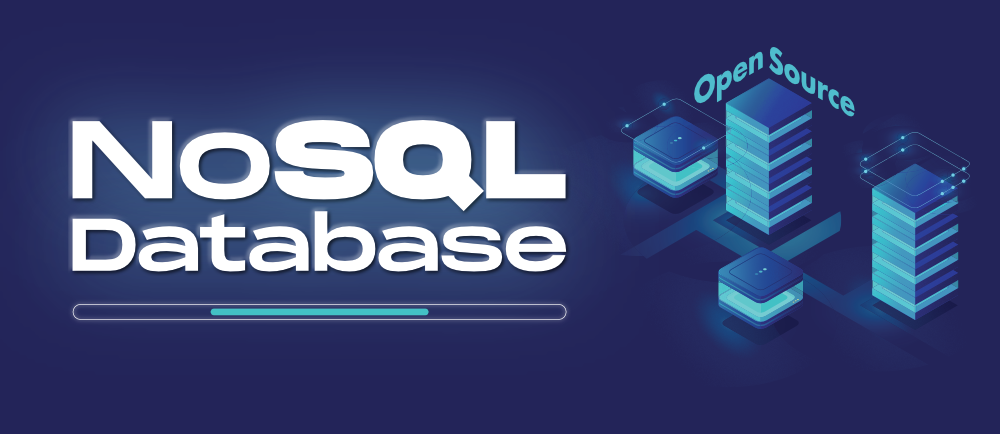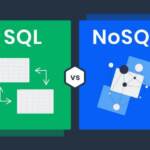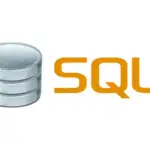NoSQL databases are an important aspect of modern technology and are changing the way data is stored and managed. They are designed to handle large amounts of unstructured data and provide high scalability and performance. In this blog, we will provide an introduction to NoSQL databases and explore the benefits and use cases of non-relational technology.
What are NoSQL Databases?
NoSQL databases are non-relational databases that store data in a variety of formats, including key-value pairs, document-based, graph-based, or column-based. They differ from traditional relational databases in that they do not use a fixed schema and allow for dynamic schema. This means that the structure of the data can change as the needs of the application change, without requiring changes to the underlying database.
Benefits of NoSQL Databases
- Scalability: NoSQL databases are designed to be highly scalable and can handle large amounts of data and concurrent users. This makes them a good choice for applications that need to handle a large amount of data or a large number of users.
- Flexibility: NoSQL databases allow for flexible schema, which makes them a good choice for applications that need to store and manage unstructured data. They also allow for easy integration of new data types without requiring changes to the underlying database.
- Performance: NoSQL databases are designed to provide high performance, even when dealing with large amounts of data. They use efficient data storage and retrieval methods, such as in-memory storage and indexing, to improve performance.
- Cost-effective: NoSQL databases are typically less expensive than traditional relational databases, as they do not require complex hardware configurations and can be run on commodity hardware.
Use Cases of NoSQL Databases
- Big Data: NoSQL databases are a good choice for applications that need to handle big data, as they can handle large amounts of unstructured data and provide high scalability and performance.
- Real-time Applications: NoSQL databases are well suited for real-time applications, such as online gaming, chat apps, and social media, as they can handle large amounts of concurrent users and provide fast data retrieval.
- Mobile Applications: NoSQL databases are a good choice for mobile applications, as they can provide offline access to data and handle a large number of users and devices.
- E-commerce: NoSQL databases are a good choice for e-commerce applications, as they can handle a large amount of product data and customer data and provide fast and efficient data retrieval.
Conclusion:
NoSQL databases are a powerful technology that is changing the way data is stored and managed. They provide high scalability, flexibility, and performance, making them a good choice for applications that need to handle large amounts of unstructured data. Whether you are working on a big data project, real-time application, mobile app, or e-commerce platform, NoSQL databases can provide a cost-effective and efficient solution for managing your data.
Not sure whether to choose a NoSQL database or a SQL database, read it now!





